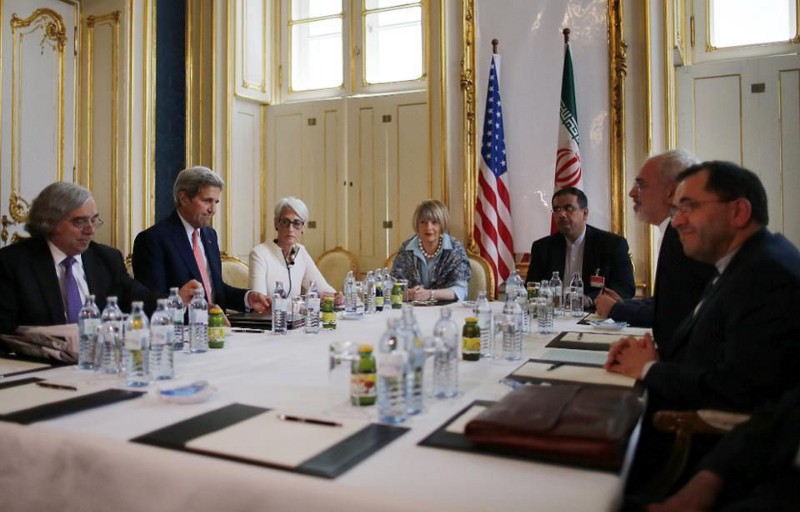The Big Picture of Iran and the Bomb

Over the past months, Big Think has talked to several of the leading experts on the Middle East about the potential political implications of Iran going nuclear: Iranian insiders, veteran journalists, and leading academics alike shared their opinions, which ranged from unconcerned to dire.
In light of the recent headline-grabbing news that Iran does indeed have a covert nuclear weapons program, we took a moment to look back and reconsider the words of our experts. As it turns out, some have been proven wrong, and some may unfortunately be right.
Vali Nasr, Professor of International Politics at Tufts University and adviser to the Obama Administration on US-Iran relations, predicted in 2007 that our lack of serious engagement with Iran would lead us to “go down the path of escalating tensions.”
Journalist Ronen Bergman author of “The Secret War With Iran”, provided his unique perspective on the Israeli mindset when speculating about the implications for Middle East conflict given a nuclear Iran.
Hooman Majd, one of the few Western journalists to have served under the employ of the Iranian government, insisted that Iran was very far away from having a nuclear weapon–but he also insisted Iran didn’t have a secret nuclear facility.
American Enterprise institute fellow and “Infidel” author Ayaan Hirsi Alitold Big Think that if people like Mahmoud Ahmadinejad gain nuclear powers, “we are facing terrible times.”
Nina Hachigian of the Center for American progress said last year that the key to getting Iran to scale back nuclear ambitions is to “get the other big powers to be on the same side as we are.”



